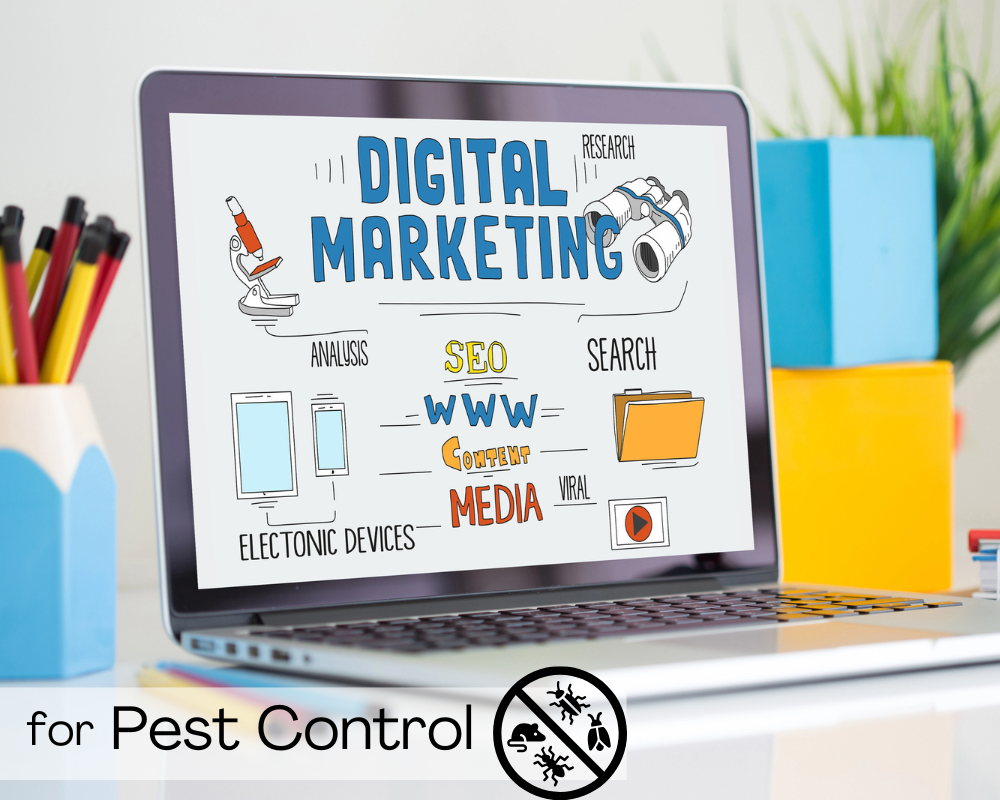How to Develop a Successful Go-To-Market Strategy

In order to have a lucrative launch of a new product or service — or to relaunch an existing offering — you first need to know how to develop a successful Go-To-Market Strategy.
A Go-To-Market (GTM) Strategy is a comprehensive plan for how a company will bring its products or services to market effectively and efficiently so that you reach the right audience at the right time.
It can make all the difference to your success. So, let's explore the steps involved in creating one …
Step 1: Set Clear Objectives
Set specific, measurable, and achievable goals for your GTM strategy. What are you aiming to achieve? Whether it's increasing market share, launching a new product, or expanding into new regions, clearly defined objectives provide focus and direction.
Step 2: Conduct Market Research and Audience Analysis
In order to develop a successful GTM strategy, you must understand your market and your target audience. Start by researching your audience's demographics, behaviors, and pain points. Develop buyer personas that include their specific needs and preferences. Map out your customer's journey in the buying process so you know what pain points, questions, and considerations they will have when making a decision to purchase your product or service.
You also should research your competitors and identify market trends. This knowledge will shape your approach and help you position your product or service effectively.
Step 3: Segment Your Target Audience
Divide your target audience into segments based on common characteristics and needs. You’ll need to tailor your messaging and marketing efforts to address the unique requirements of each segment. This personalization enhances your chances of connecting with your audience on a deeper level.
Step 4: Define Your Product Positioning
Determine how you want your product or service to be perceived by your target audience, and define your clear and compelling value proposition — the unique benefit or solution that your product or service offers your audience.
Clarify what differentiates you from competitors. Highlight the value you bring and how you solve their problems and/or fulfill their needs. Your value proposition should resonate with your audience and provide a compelling reason for them to choose your product or service. Consider crafting a storybrand script to guide all your content and how you engage with your buyer.
Step 5: Set Appropriate Pricing
Set the right price for your offering based on market research, competition, and your value proposition. Consider various pricing models, such as tiered pricing or subscription-based models, to maximize revenue and customer satisfaction.
Pricing plays a crucial role in positioning your product or service in the market. It should reflect the perceived value while ensuring profitability and competitiveness.
Step 6: Choose Your Sales and Distribution Channels
Identify the most effective sales and distribution channels for reaching your target audience. This could include direct sales, partnerships, e-commerce, or a combination of these. Ensure that your channels align with your audience's preferences and buying behaviors.
Step 7: Create a Marketing Plan
Craft a comprehensive marketing and promotion plan that includes online and offline tactics to raise awareness and drive demand for your product or service.
This may include any or all of the following:
- Website Design & Development
- Digital Pay-Per-Click Advertising
- Content Marketing
- Search Engine Optimization (SEO)
- Social Media Campaigns
- Webinars
- Email Marketing
- Traditional Advertising
- Public Relations
- Events
Your marketing choices should align with your product positioning.
Step 8: Put Sales Enablement Resources in Place
Equip your sales team with the tools and training they need to effectively communicate your product's value and close deals. This includes sales collateral, product training, and ongoing support.
Step 9: Define KPIs and Metrics to Monitor
To ensure continued success, you must regularly measure the performance of your GTM Strategy using key performance indicators (KPIs). Metrics may include:
- Sales Metrics, such as sales revenue, customer acquisition cost (CAC), customer lifetime value (CLV), and conversion rates.
- Marketing Metrics, like website traffic, conversion rates, click-through rates, and social media engagement.
- Customer Satisfaction feedback derived through surveys, reviews, and direct communication.
- Market Share compared to your competitors.
- Return on Investment (ROI)
- Customer Retention, is measured through both customer churn and retention rates.
When you monitor and track these metrics you can make data-driven decisions to adjust and optimize your strategy as needed.
Step 10: Launch and Execute your GTM Strategy
Your GTM Strategy isn’t just about planning your launch, but also about launching your plan. Once everything is in place, you need to pull the trigger. Your strategy should include detailed plans for doing so.
Consider Partnering with a Digital Marketing Agency to Develop a Successful GTM Strategy
Crafting a successful GTM Strategy is a complex and time-consuming endeavor. Here are a few of the many advantages you get when you enlist the help of a digital marketing agency:
- Expertise: Digital marketing agencies bring a wealth of knowledge and experience to the table. They have specialists in various areas, ensuring that every aspect of your strategy is handled by experts.
- Market Research: Agencies have access to advanced research tools and methodologies that may be challenging for you to obtain in-house.
- Efficiency: Agencies can save you time and resources in developing and launching a successful GTM Strategy, letting you focus on other important aspects of running your business.
WorldLight Media has helped numerous clients develop and implement successful GTM strategies. And we are ready and willing to help you, too.
We invite you to get in touch to talk more in-depth about how to develop a successful GTM strategy for your business. Call us at (559) 9-DESIGN, or you can click here to use our convenient online form to ask for more information.







